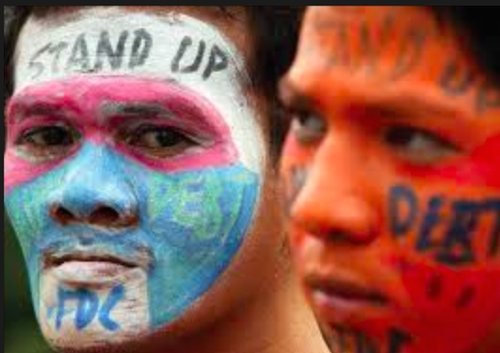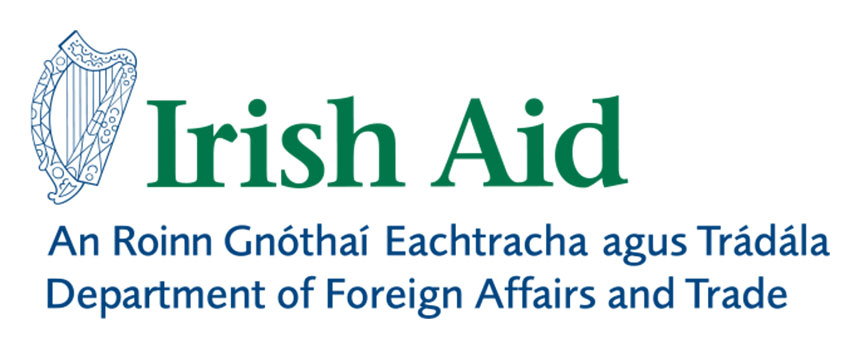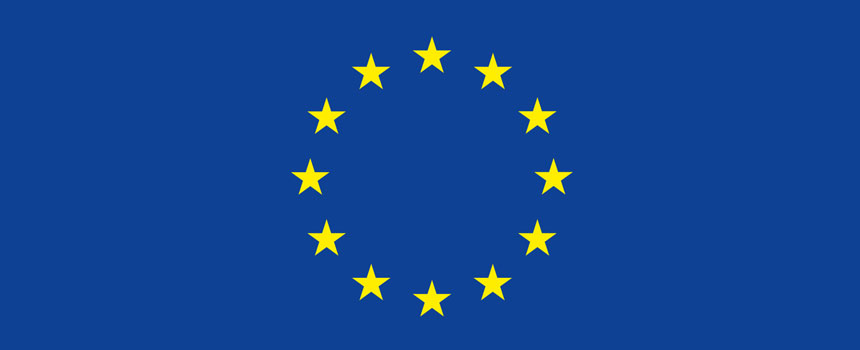Illegitimate Debt
When is a loan illegitimate or unjust?
By 2011, as a result of massive and sustained campaigning around the world, US$122 billion of Southern debt was cancelled through multi-lateral agreements. By agreeing to some debt cancellation, lenders acknowledged that some Southern debt was not payable. However, they did not address the fact that both lenders and borrowers had acted irresponsibly, and regularly in a knowingly exploitative manner. The global debt justice movement therefore worked to incorporate the concept of illegitimate debt into the international debt justice debate.
Odious debt
The concept builds on the idea of ‘odious debts’ developed by the Russian law professor, Alexander Sack, in the early 20th Century. Sack applied the argument to despotic regimes, and to loans that do not serve the people paying for them. Sack proposed four key points relating to odious loan contracts. First, a condition of legality of a loan is that ‘it is employed for the needs and in the interests of the state’. Second, that odious debts fall with an (odious) regime and are not owed by successors. Third, that debts can be considered odious if they are used for personal rather than state purposes. Fourth, that creditors commit a hostile act when they make an odious loan.
Illegitimate debt
The concept of ‘illegitimate debt’ or ‘unjust debt’ further developed the odious debt argument to apply to situations beyond despotic scenarios. The illegitimate debt concept captures a range of moral problems that have resulted from various types of irresponsible loans. The concept has been formulated drawing upon evidence-based experience of the large variety of recorded circumstances that have created failed loans. This research has revealed that these circumstances include: loans given to repressive regimes and/or to known corrupt officials; loans extended for dubious purposes and/or obviously useless projects; loans for damaging or overpriced projects; or those granted on unacceptable terms and conditions. For more information, see Christian Aid's report, 'Enough is Enough'.
A 2007 review conducted by Eurodad of concrete cases of illegitimate debts extended ‘for development purposes’ to Southern countries by the governments of Canada, France, Germany, Japan, Italy, the United Kingdom, and the United States found that:
“In many cases, these governments lent money to regimes they knew to be corrupt or repressive in order to buy political allegiance, or they were loans designed to help rich country companies do business abroad and development was never their original purpose. In still other cases, loans were provided at exorbitant interest rates. Under the current system, these debts must always be repaid and there is no consideration of whether these loans were responsibly extended by creditors or the funds responsibly used by debtors… In national law… it is the responsibility of the creditor to exercise ‘due diligence’ when he/she extends a loan to an individual (for example a bank must ensure that the client has a sound business plan or sufficient income with which to repay the loan).”
The Internal Auditing Commission for Public Credit of Ecuador (CAIC), which carried out an audit of the Ecuadorian debt between 2007 and 2008, argued that:
“illegitimate debt is those loans contracted by the State under unacceptable conditions, which have violated economic, social, cultural and environmental rights, and have made viable the plundering, appropriation or undue exploitation (via privatisaton) of natural resources.”
Catalan debt justice group, ODG (Observatory of Debt in Globalisation), together with the Network “Who Owes Who?” have worked on a definition that considers illegitimate all debts accumulated from loans that, whether directly or indirectly, compromise the dignity of the citizenry or threaten the peaceful coexistence between peoples.



